UK inflation hits 40-year high of 9.1% as food, energy prices surge
The United Kingdom recorded the highest inflation in the past four decades in May with food prices pushing it up to 9.1 percent, the highest among the Group of Seven (G7) countries.
Last month, soaring food prices, particularly bread, cereal, and meat, helped drive the latest increase in the cost of living in the UK, pushing up its consumer price inflation to the four-decade high.
According to figures released by the Office for National Statistics (ONS), May’s inflation was the highest since March 1982.
Last week, the Bank of England also drew a gloomy picture for the future, warning that worse is yet to come as the current inflation was likely to remain above nine percent over the coming months before climbing to 11 percent in October when regulated household energy bills are due to soar again.
The UK’s sterling, which has been one the weakest currencies against the US dollar this year, fell below $1.22, down 0.6 percent on the day, before later recovering.
Many investors believe that the UK is at risk of both persistently high inflation and recession, reflecting its large imported energy bill and ongoing Brexit-related friction which can further damage trade relations with the European Union.
“With the economic outlook so unclear, no one knows how high inflation could go, and how long it will continue for – making fiscal and monetary policy judgments particularly tough,” said Jack Leslie, senior economist at the Resolution Foundation think tank.
According to the think tank on Wednesday, the cost of living for households has been compounded by Brexit, which had made the UK’s economy a more closed one, with harmful long-term implications for productivity and wages.
Back in April, a record £700-a-year rise in energy costs hit households, and fuel price increases in June meant that an average family car can be filled with petrol by more than £100.
As average pay is not keeping up with the current increasing inflation, trade unions have already warned of widespread strikes in the coming months.
On Tuesday, rail workers went on strike, causing severe disruption, with further strikes planned for Thursday and Saturday in a dispute over pay, jobs, and conditions.
The country's inflation in May was higher than in the United States, France, Germany, and Italy. While Japan and Canada have yet to report consumer price data for May, neither is likely to come close.
The UK has recently been struggling with rising living costs, surging inflation, soaring fuel costs, and a worsening job crisis.
The war in Ukraine and subsequent energy crisis as well as an economy still battered by the pandemic are among the main reasons behind the crisis.
UNRWA will ‘stay, deliver’ aid to Palestinians despite Israel’s ban: Lazzarini
Explainer: What makes Iran's Rezvan and Raad loitering munitions prized assets?
VIDEO | Unseen agony: Missing loved ones of genocide in Gaza
Iran cuts gold import tariff to zero
Pezeshkian: Iran determined to develop, boost ties with neighbors
VIDEO | Israel, Hamas ceasefire agreement: Closer than ever
VIDEO | Gaza ceasefire to be put in place under resistance conditions
Hot water and sewage: Palestinians share harrowing tales of torture in Israeli prisons


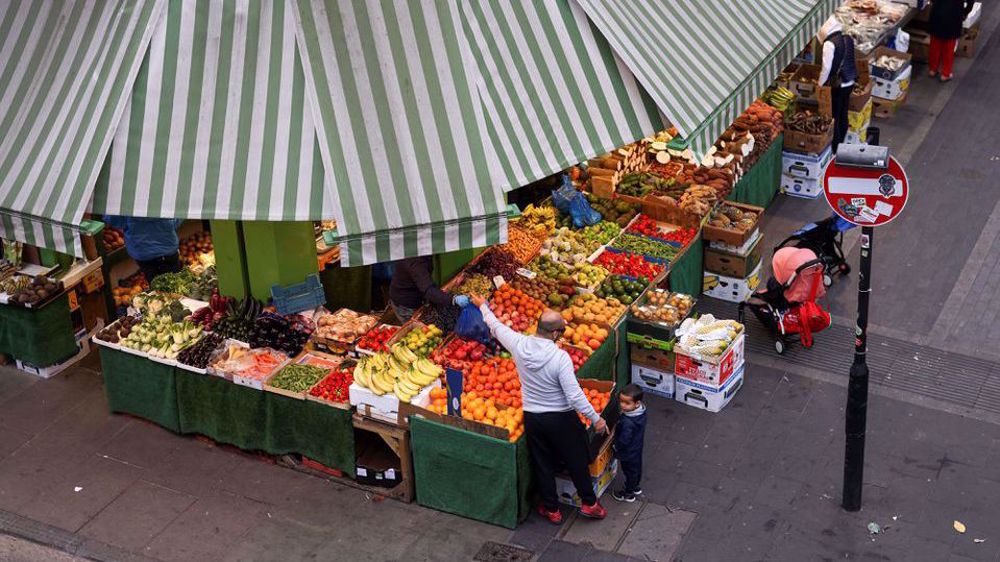

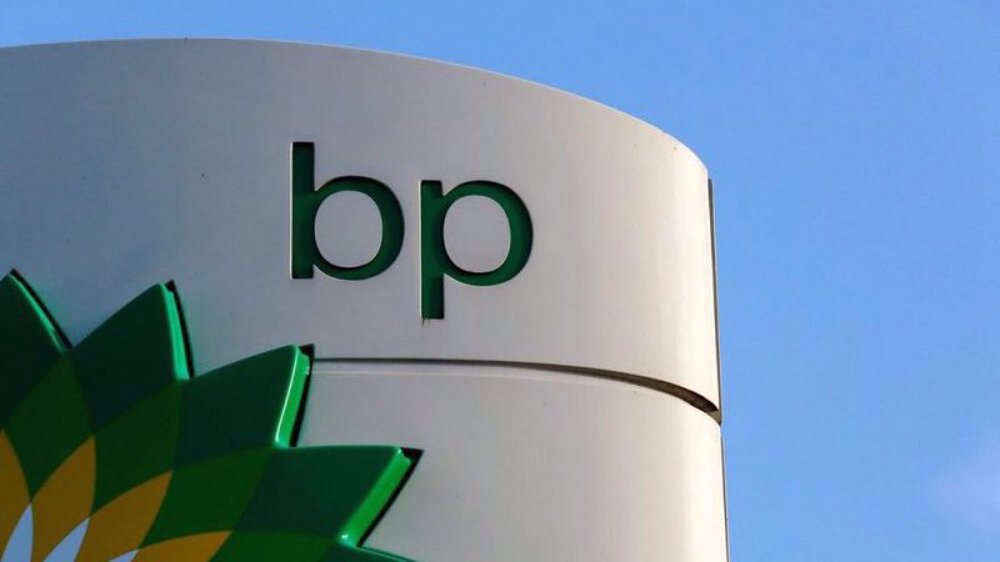

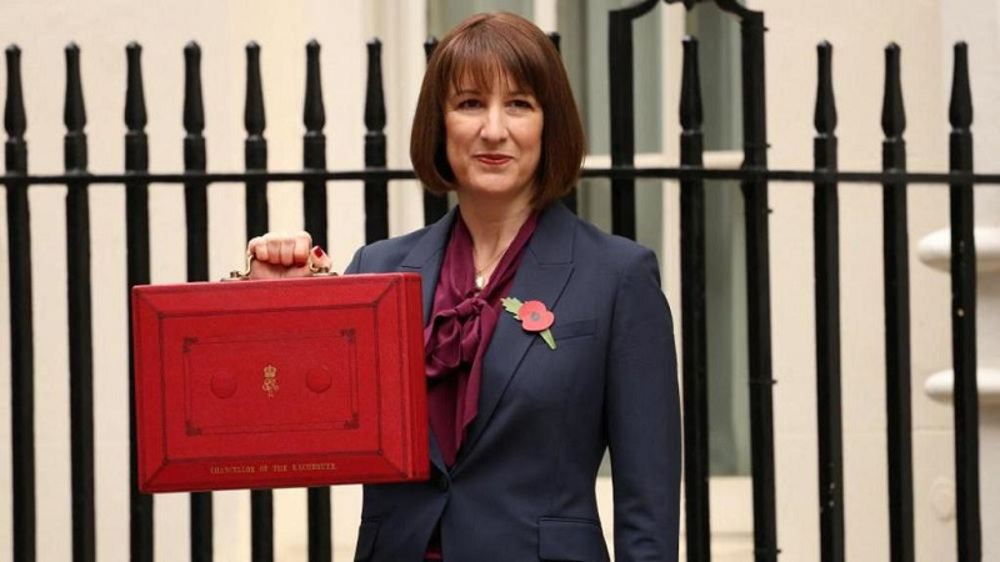




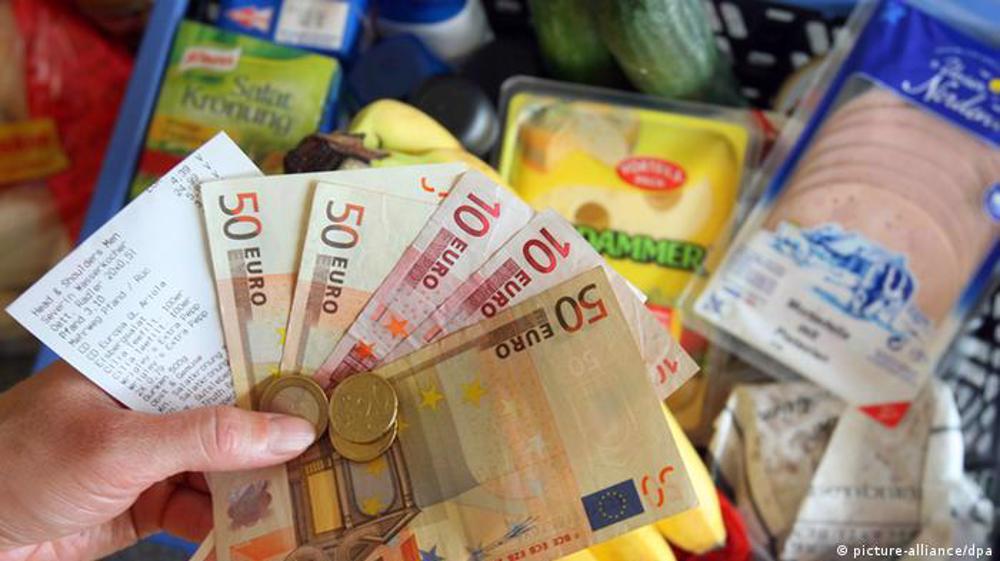
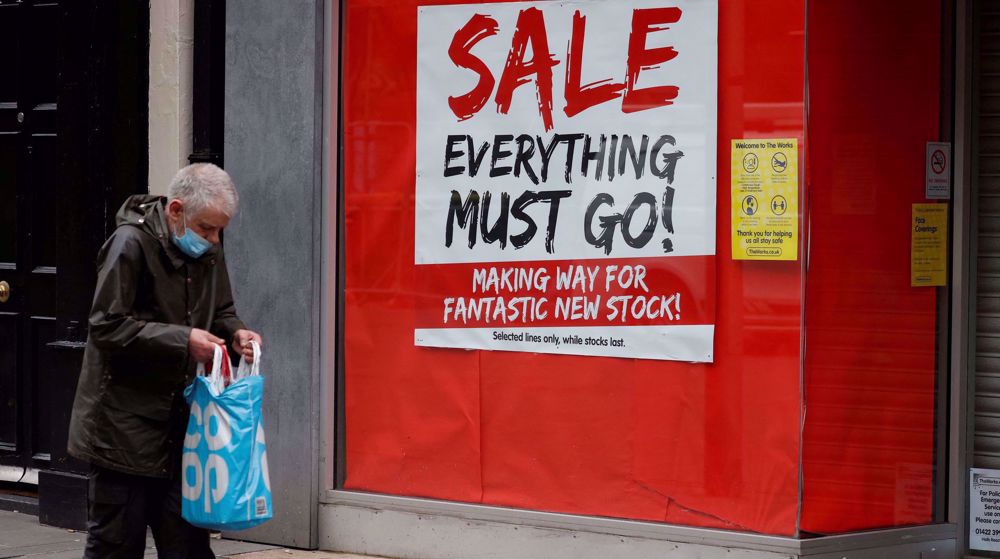


 This makes it easy to access the Press TV website
This makes it easy to access the Press TV website